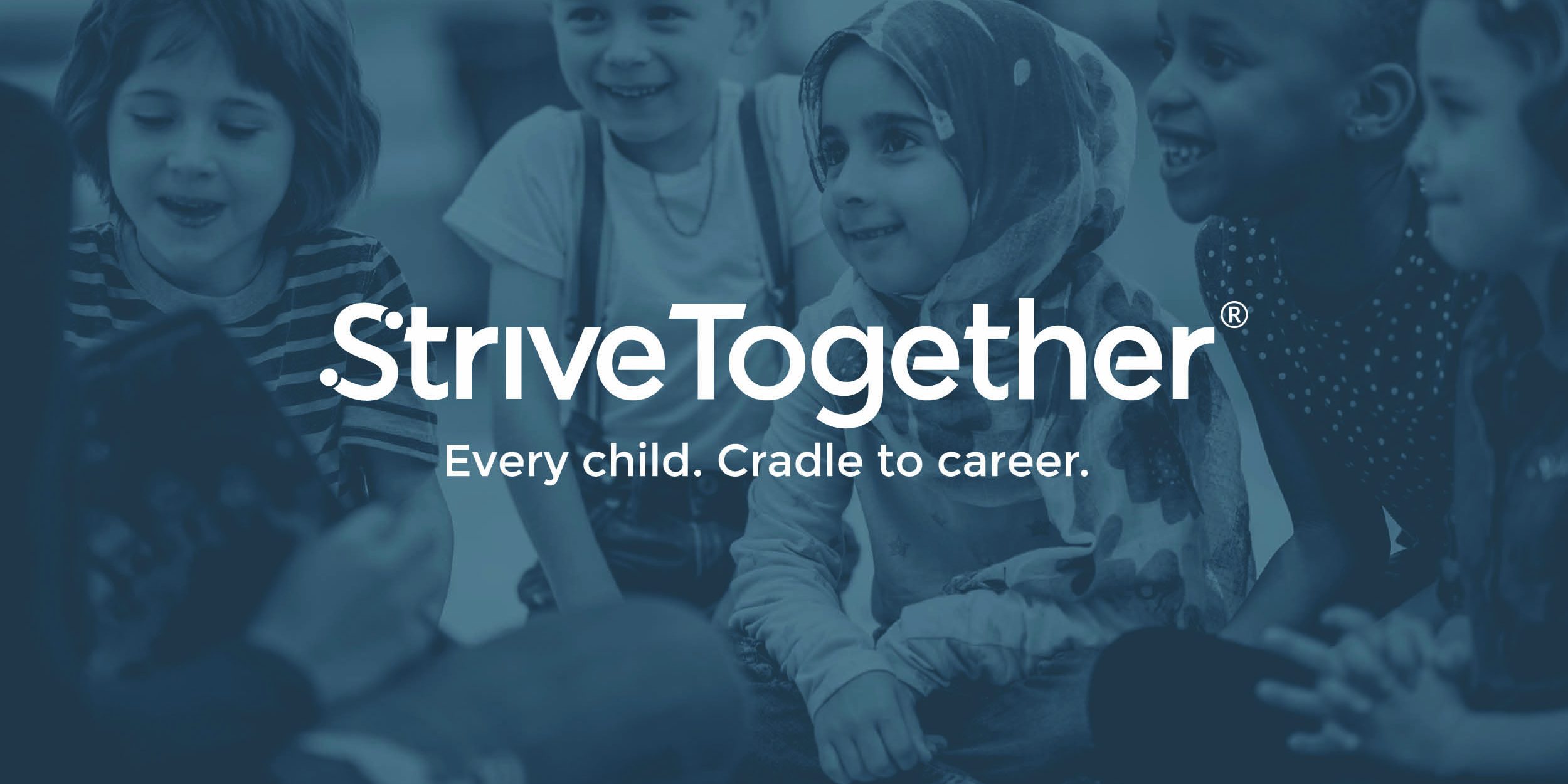What we learned from Equal Measure’s evaluation of the theory of action
More than 4,000 people from the Cradle to Career Network participated in a three-year evaluation of the StriveTogether Theory of Action™, and findings confirm our framework is helping communities change systems and improve outcomes for kids and families. I am so grateful to the 14 communities that participated in the evaluation! Their contributions have not only helped StriveTogether refine our work, but they’ve also helped define quality collective impact for the field.
This validation provides reassurance that the framework we co-developed with our Network is helping to improve outcomes, eliminate disparities and transform the systems that impact the trajectory of youth. The theory of action was not developed in a boardroom by a few. It’s the result of the Network sharing insights, learning and fail forwards as we challenge the status quo.
Collectively, we have hypothesized about the type of work that needs to be done and how that work progresses, but we wanted to see how that was consistent across communities and where there might be differentiation. So, we followed the progress of 14 communities with Equal Measure starting in the spring of 2015. We collected additional outcomes data in 10 communities along with 25 interviews with network members and community stakeholders to qualify the findings.
We are now confident about certain truths in our framework. For example, we know that communities are likely to crawl before they walk — and ultimately run. This means that there might be a more elementary use of data in the early stages of the work — but that doesn’t mean data isn’t important.
We also know that a shared vision and aligned messaging is critical in the early stages. If there is no shared agreement around the work to be done, there is really no work to do.
We also see that communities need different supports at different stages in their evolution. For example, it’s not a major challenge to bring folks to the table in support of better outcomes in the early days. That type of collaborative action, though, becomes more challenging as a partnership evolves and folks actually start changing their behaviors and structures.
Next, the evaluation findings show that the Network is consistently strong in the use of data. This is not surprising because the theory of action is predicated on the use of data. The Cradle to Career Network approach is built off the idea that if communities have more access to data — and can use data differently — we can do better for kids and families. Many years ago, we started talking about the importance of using data as a flashlight, not a hammer. That’s still a guiding value in our approach to this work. We know that there is much more work to be done to enable easy access to data across a community, but this is certainly a bright spot in our network.
Another important principle of the theory of action since the very beginning is community engagement. We’re learning, though, that engagement is not enough — to fundamentally transform systems, community members need authority. Community engagement is often transactional — ask the community what they need and then maybe we go do it. This transactional approach perpetuates the systems that are already delivering abysmal outcomes. Shifting power dynamics has to be at the core of this work.
We have also shifted our approach from just eliminating disparities to one that champions advancing equity. Structural/systemic inequities are rooted in mental models and patterns of behavior that can’t be programmed away.
While we have an explicit commitment to equity externally, we’ve realized the importance of grounding our internal operations in racial equity. It’s easy to stand on the parapet and tell others they need to do better — it’s more important to hold that mirror up to ourselves. We’re building in anti-racist caucuses, racially equitable hiring practices and vendor/contractor practices and supporting our team on their own racial equity journeys.
We are using the evaluation findings to inform our work, including the most recent revision of the theory of action last year. The fourth revision underscores that this is a living document and includes the creation of the Systems Transformation Gateway. This new gateway calls out the practice and behavior changes needed in systems to deliver better and more equitable outcomes. We know our work has to focus on getting to zero disparities. We edited the equity principle to be about advancing equity — going beyond eliminating locally defined disparities. We also inserted policy more explicitly in earlier gateways. Listen here for additional insights from Equal Measure’s podcast.
As we continue to learn together, we will achieve greater clarity on systems transformation. This is new territory for all of us. But we have a road map, our validated framework, to guide us.






